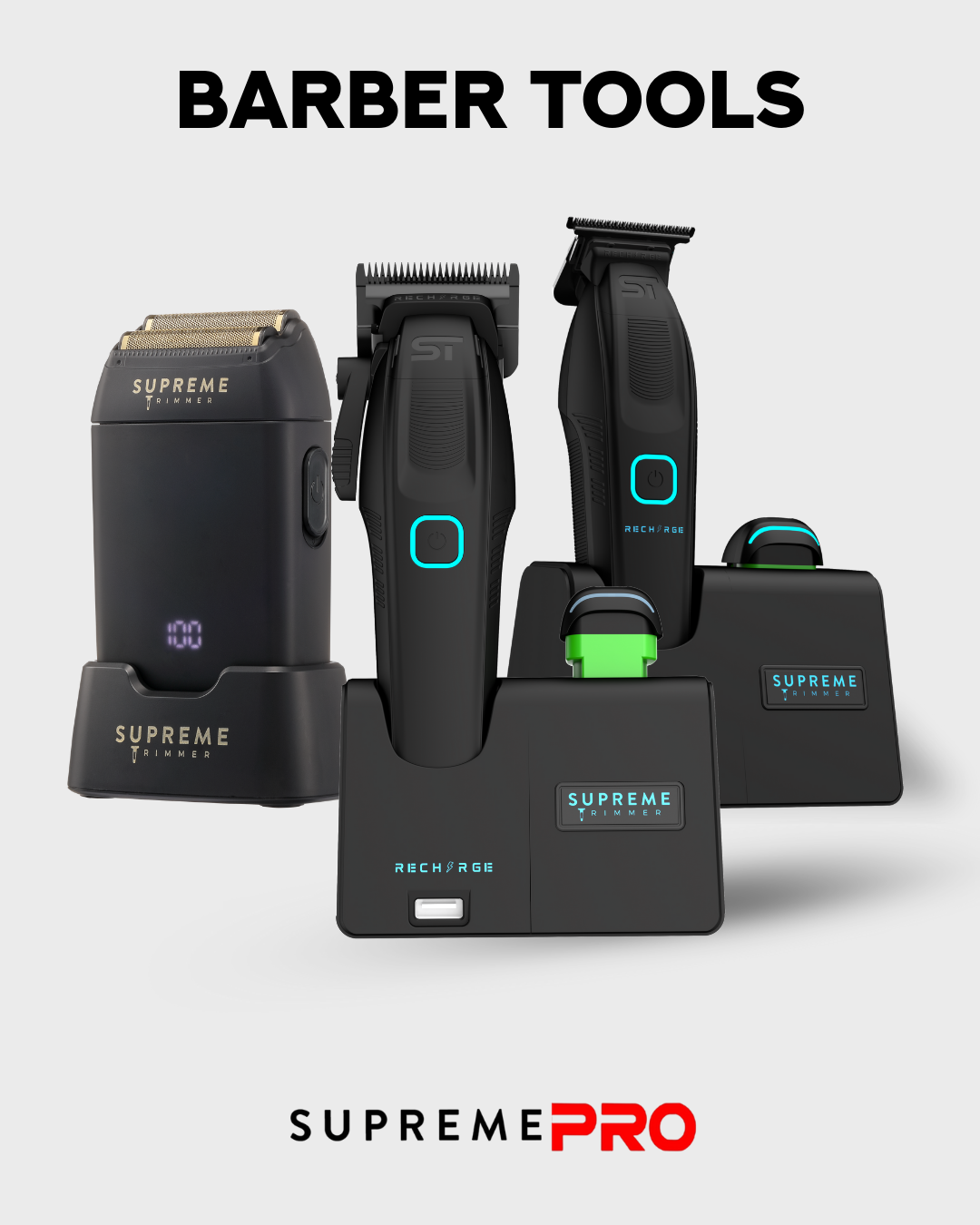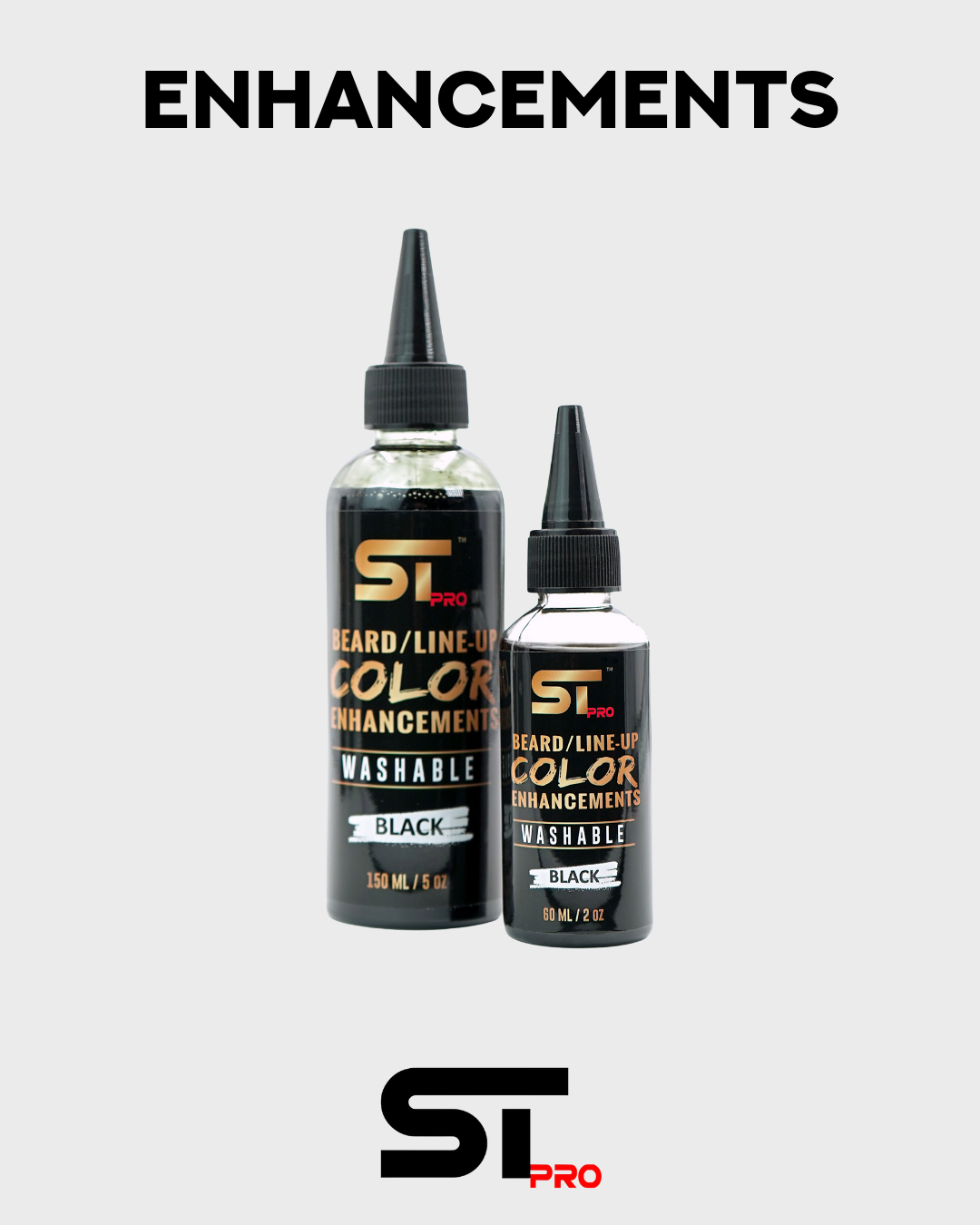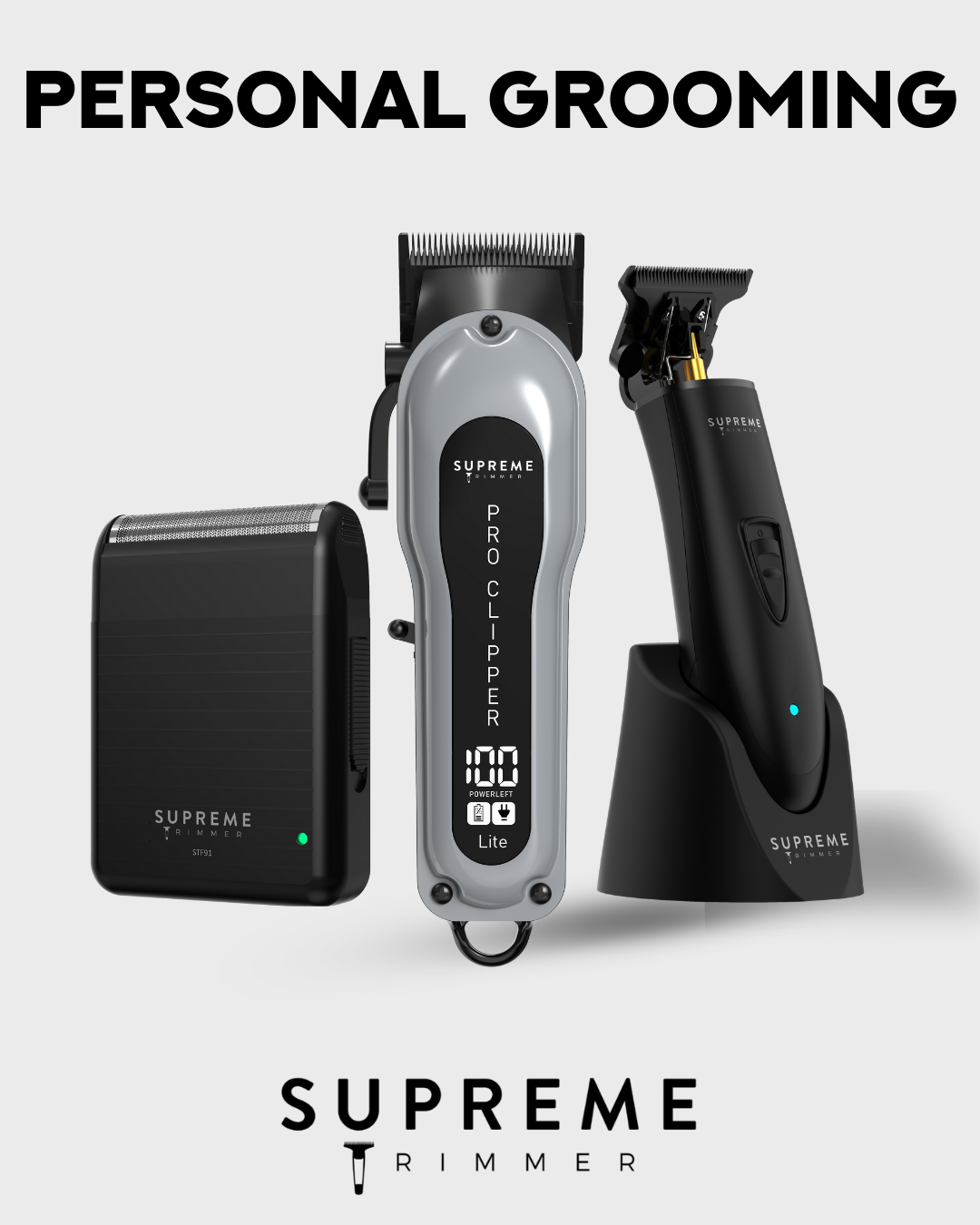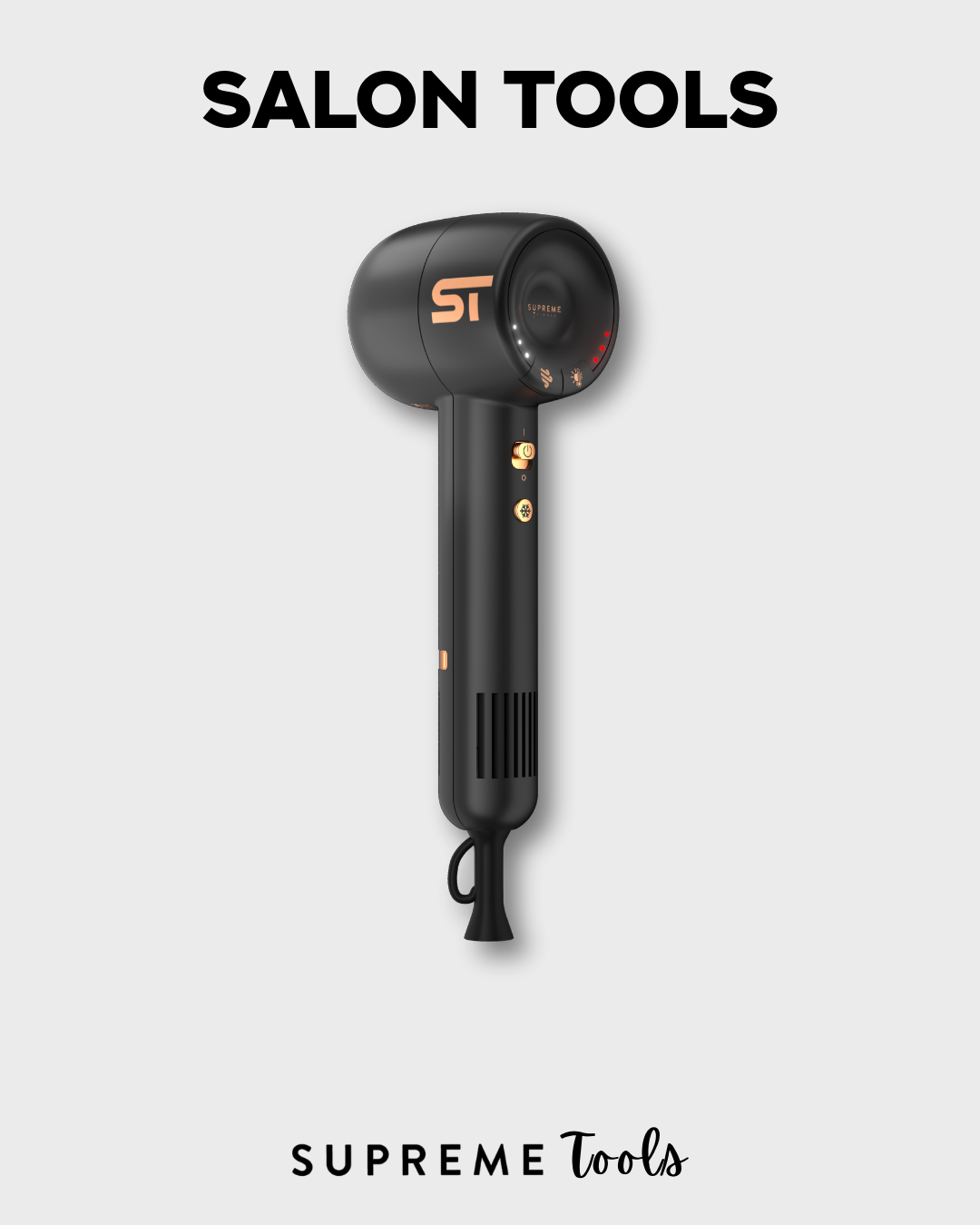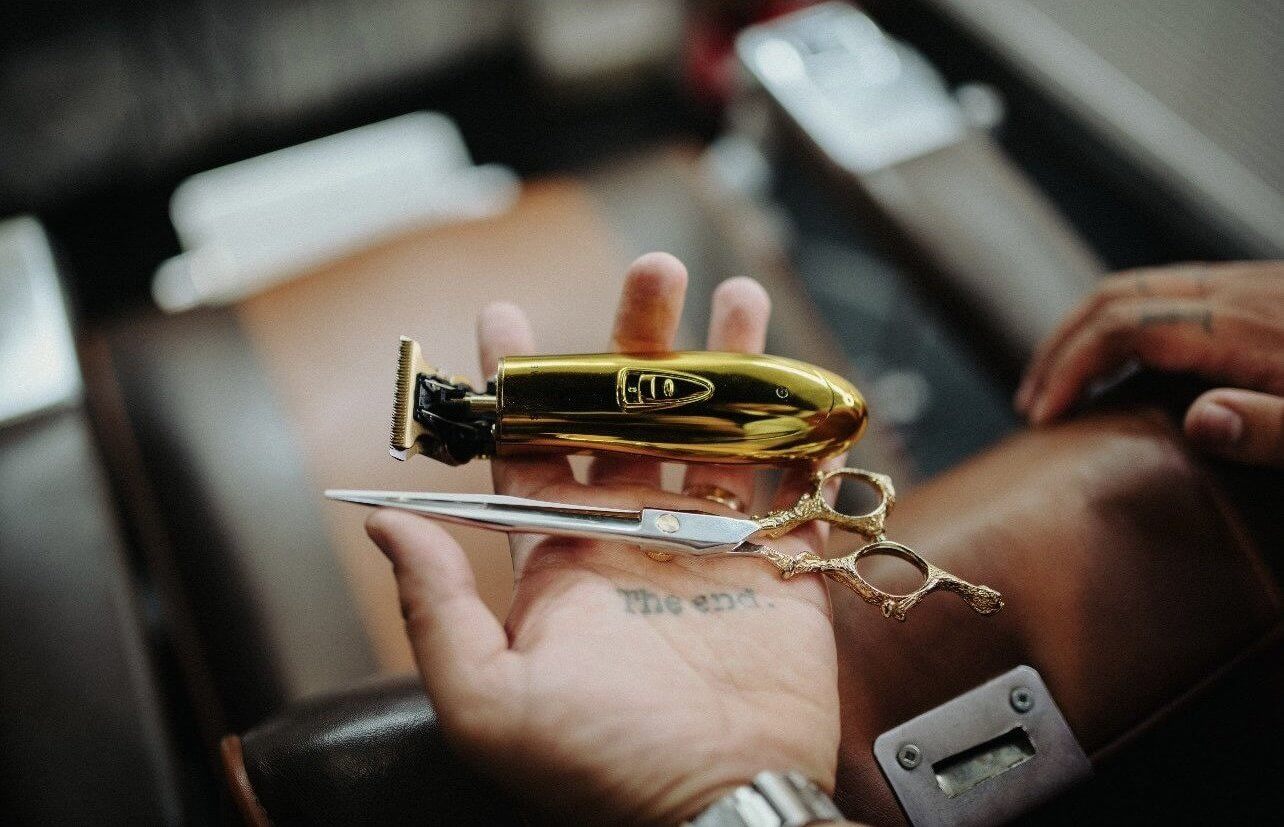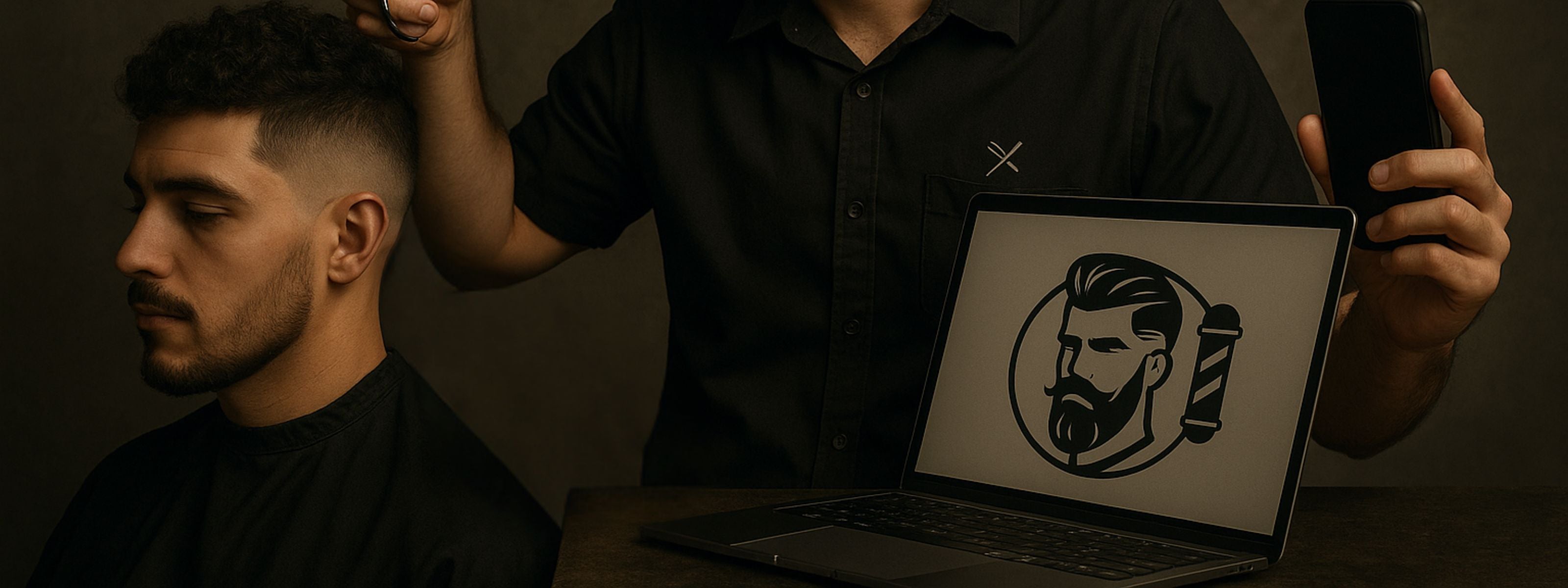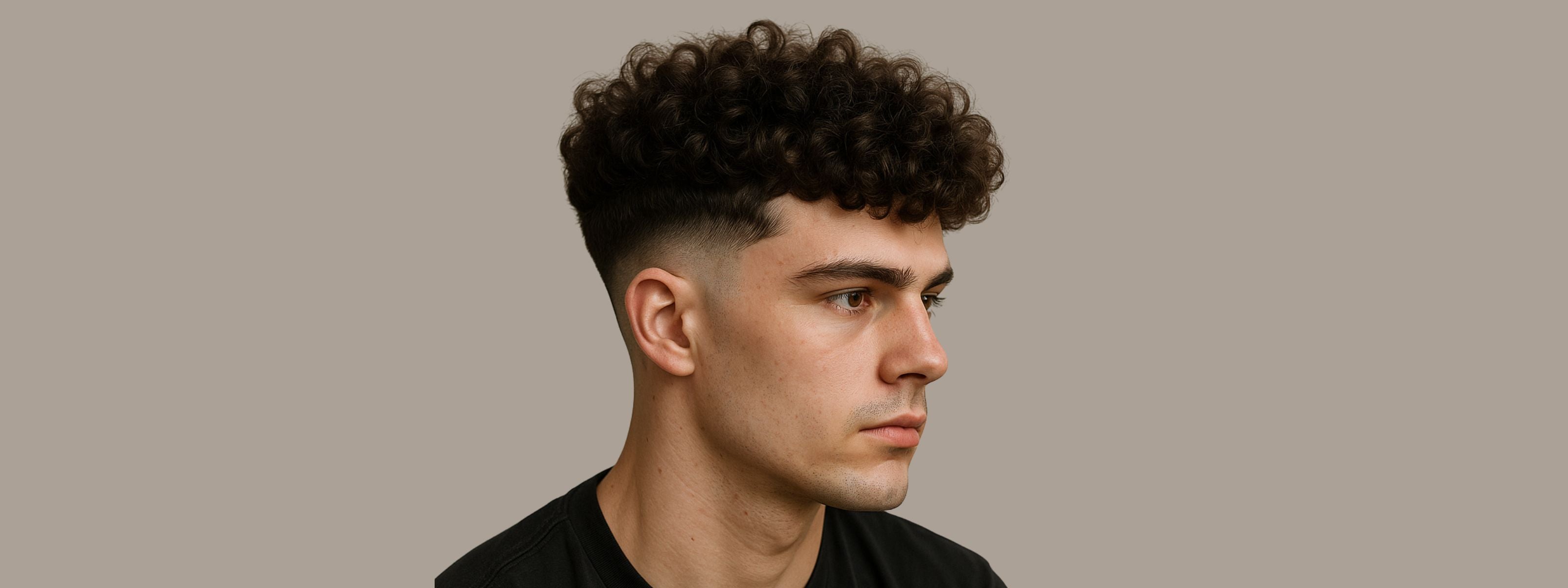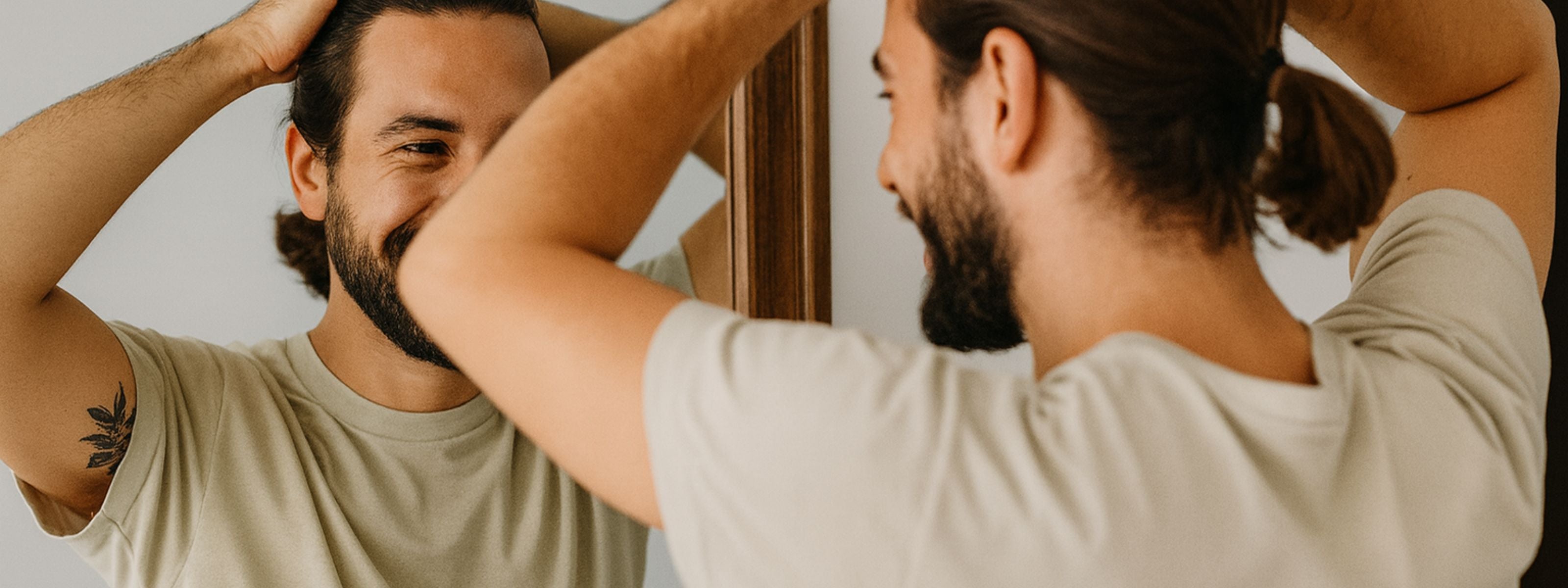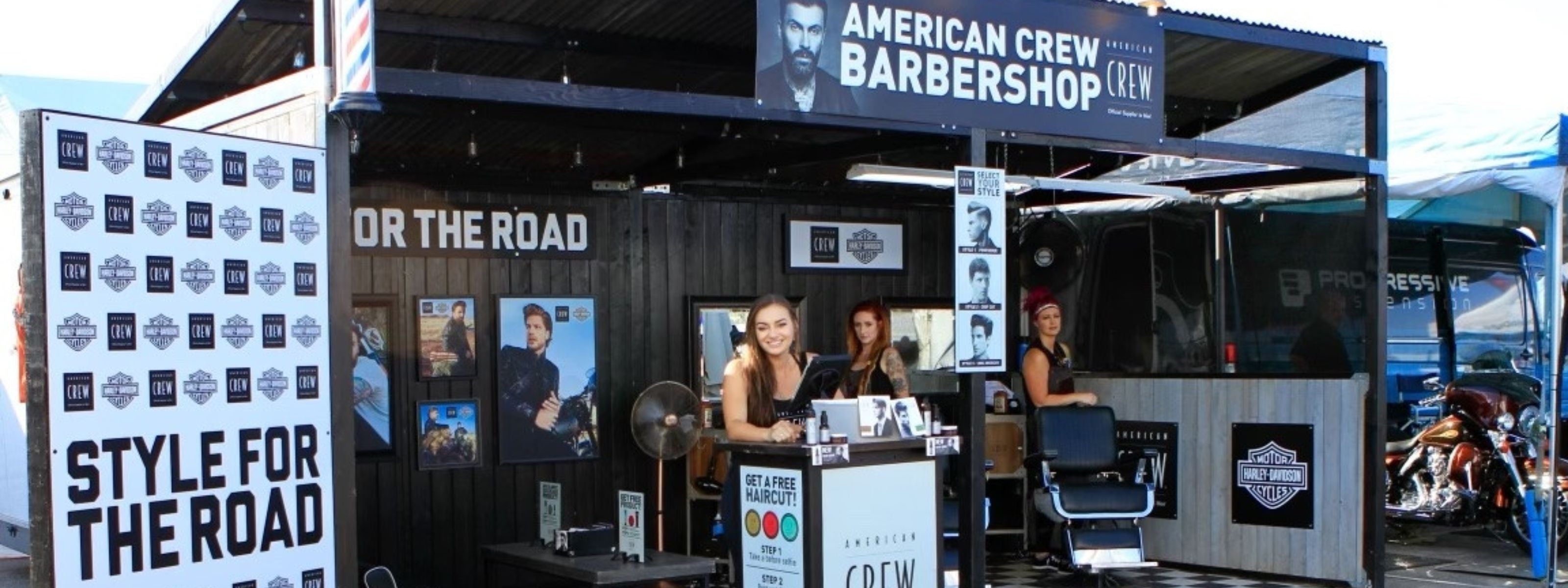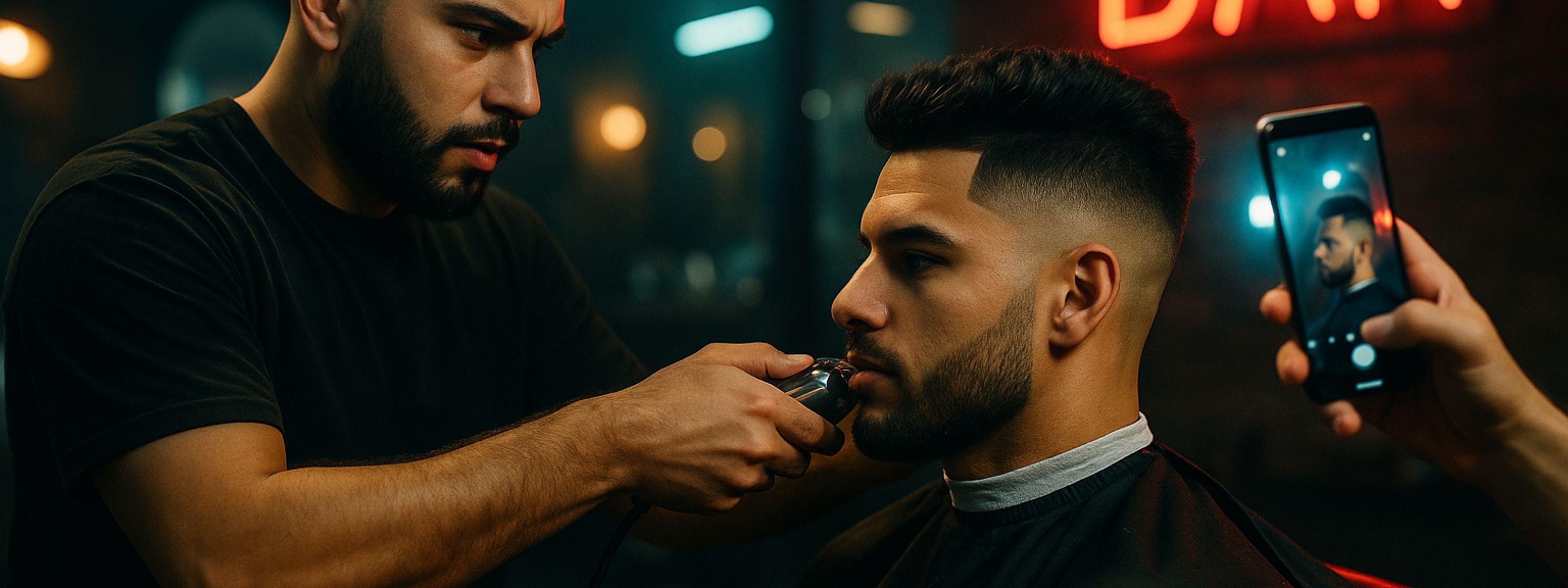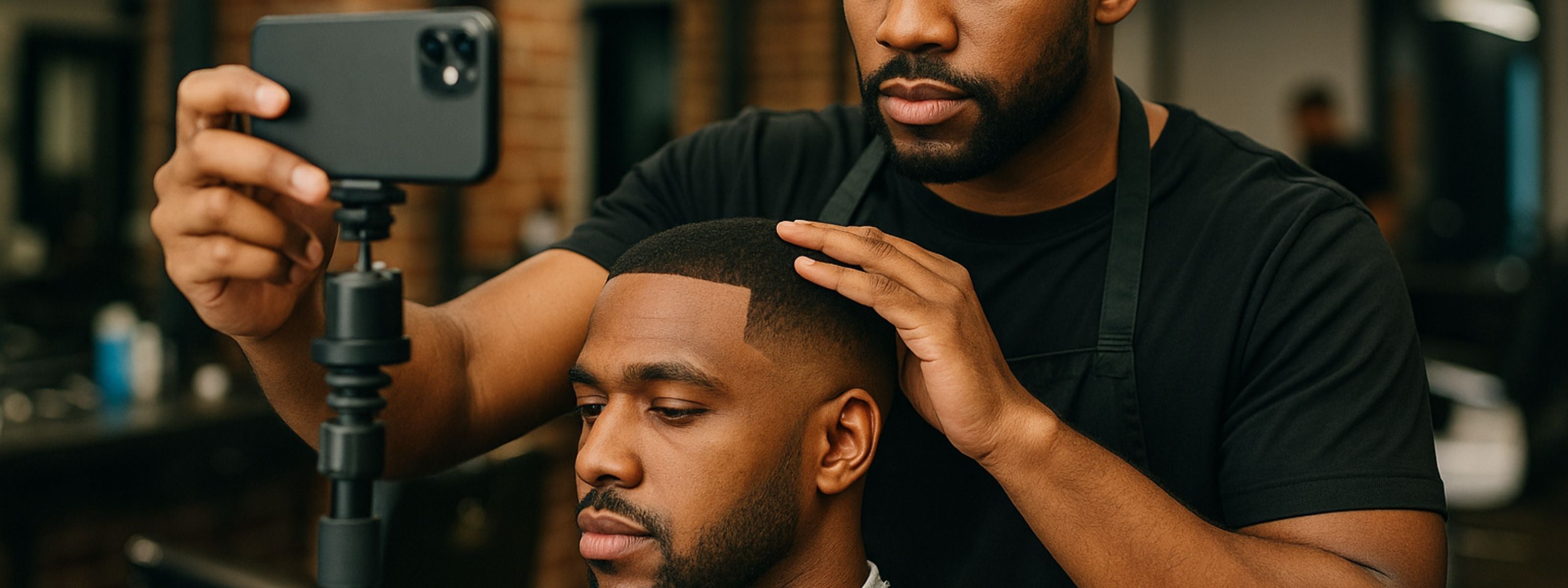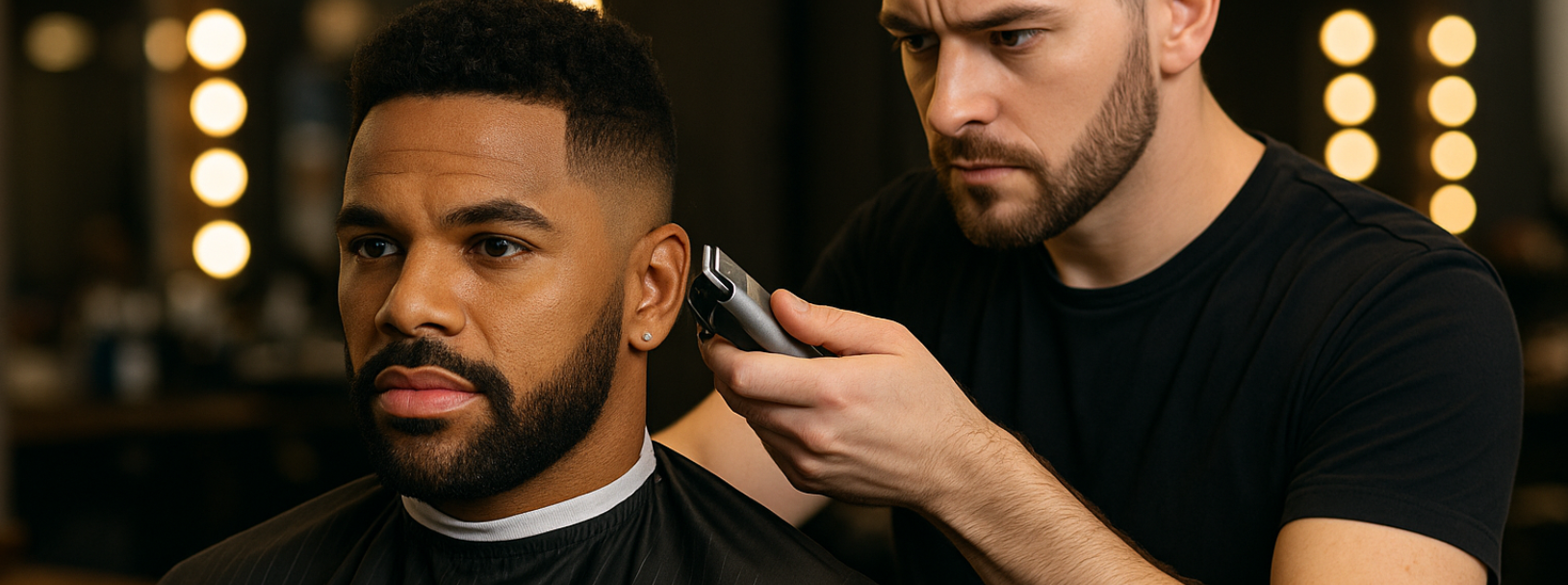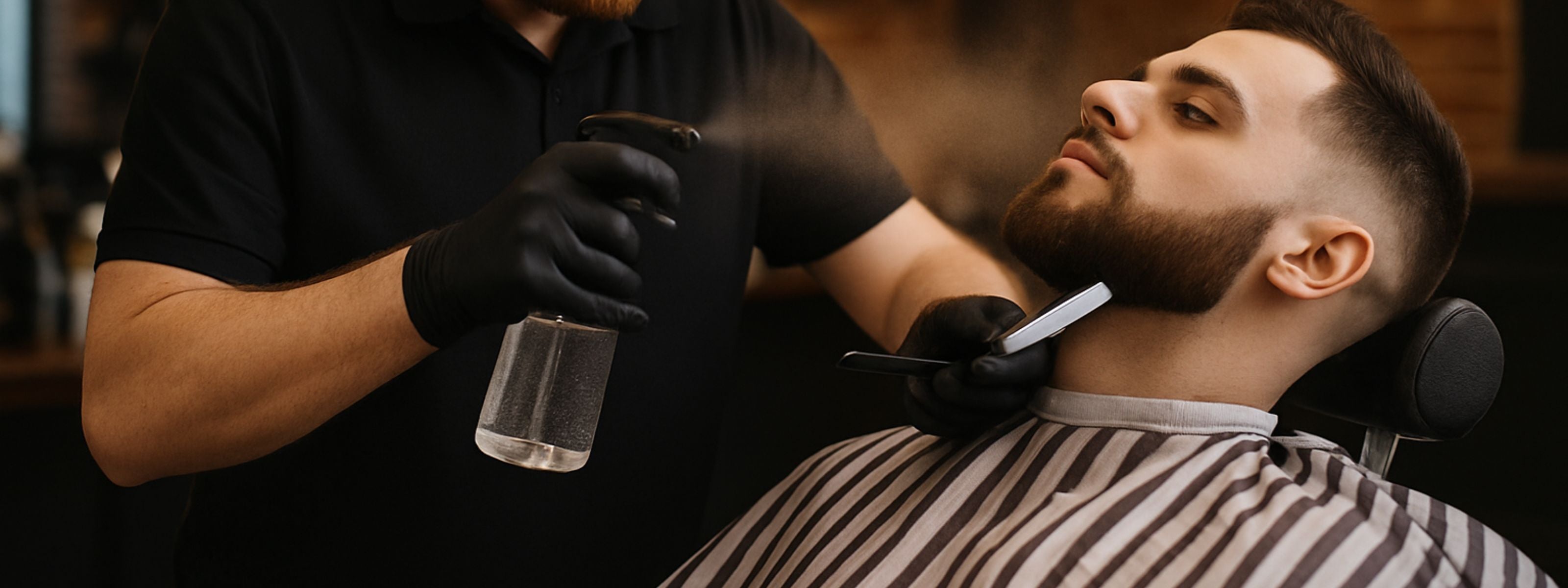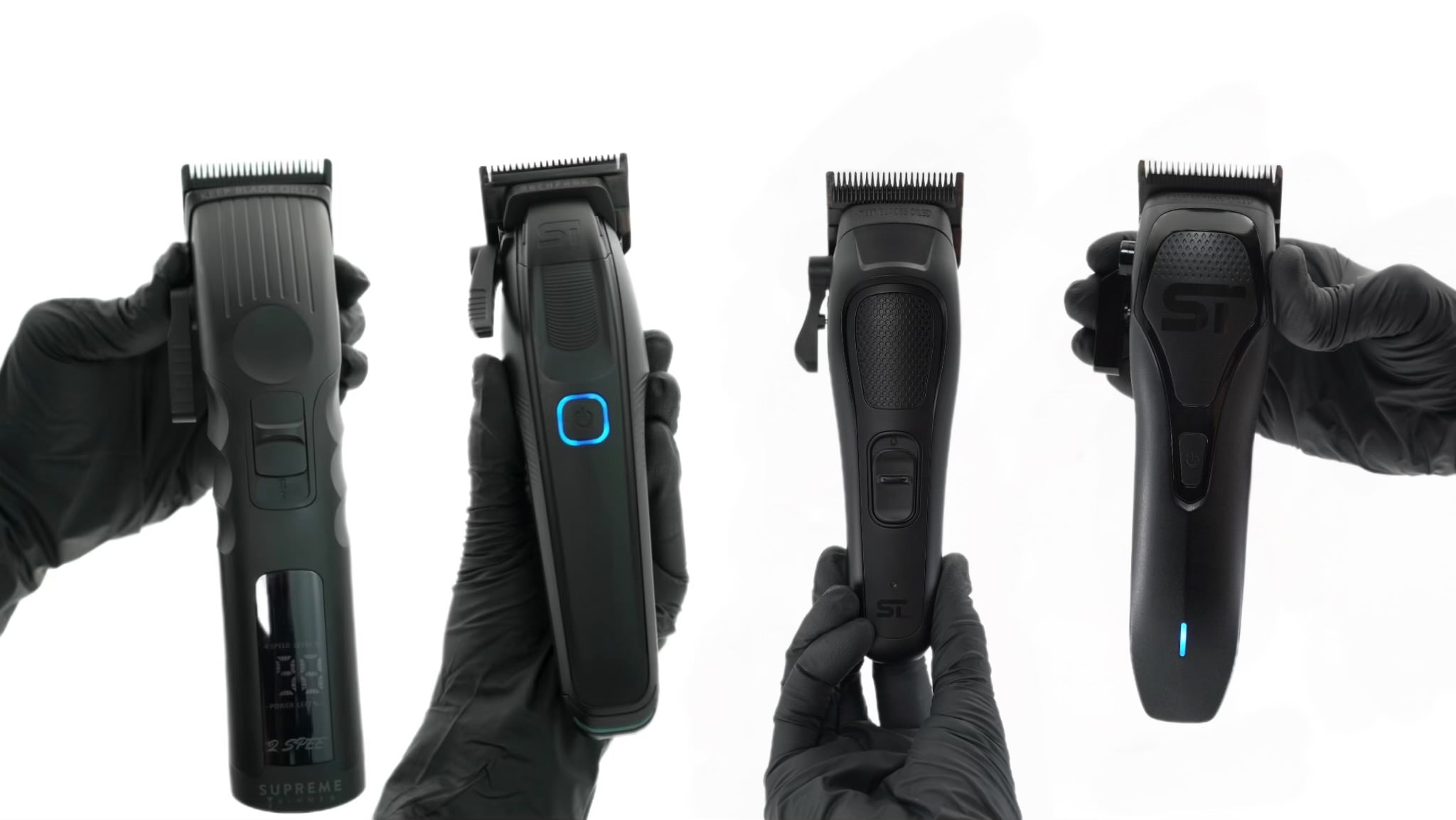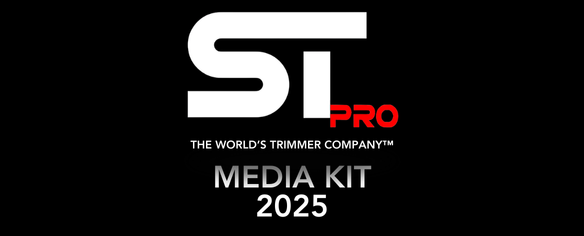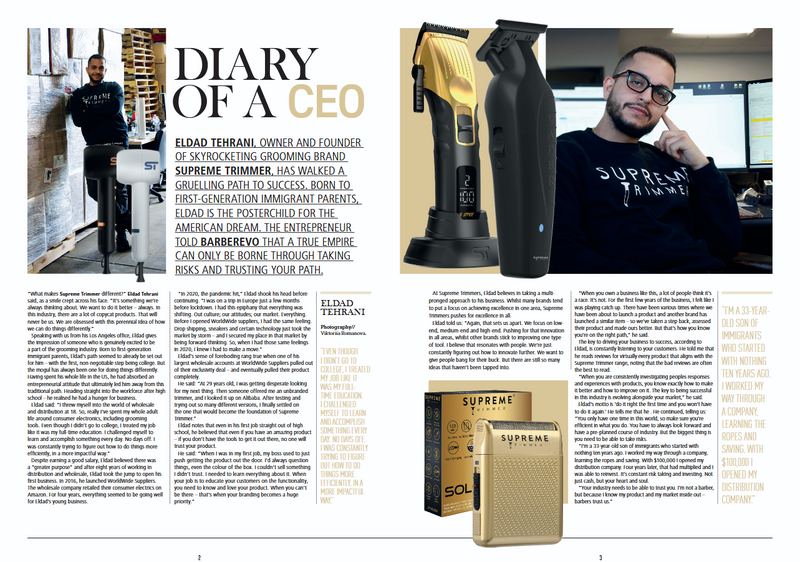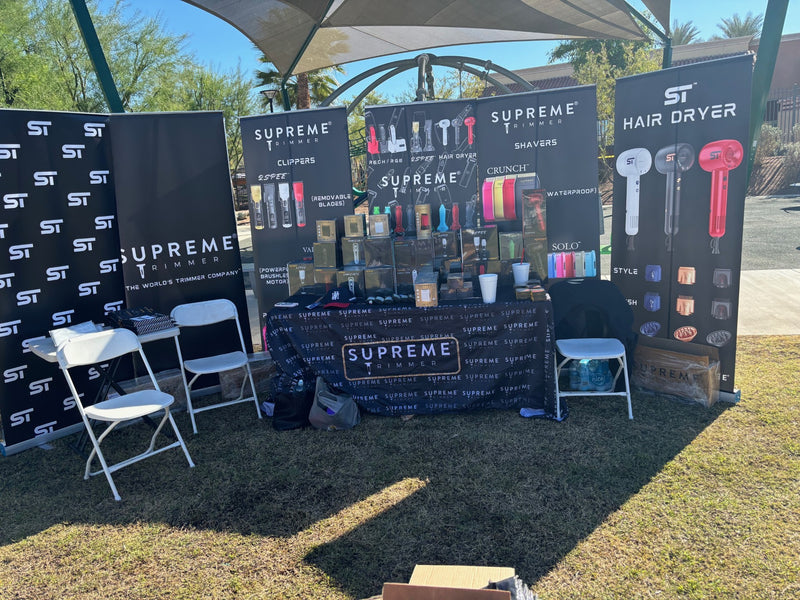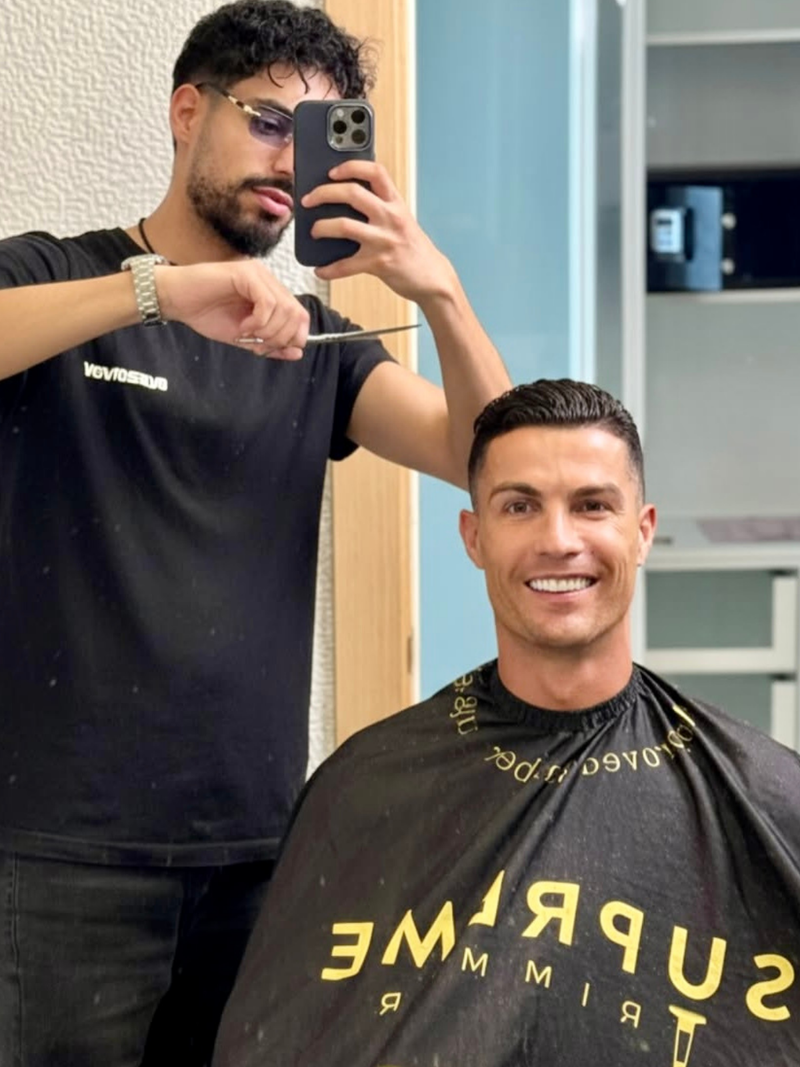
Step into a barbershop and you’ll feel the vibe immediately: the buzz of clippers, the smell of aftershave, the laughter bouncing off the walls. It’s a sanctuary for some, a weekly ritual, a place where men can be themselves—or at least, the version of themselves that fits the script. But here’s the thing: under that camaraderie and casual banter, there’s a darker current running through the culture—one that rarely gets talked about. I’m talking about toxic masculinity.
Barbershops are supposed to be safe spaces, right? Places where men can unwind, share life stories, and get a fresh cut. And for many, they are. But for some, especially Black and Latino men, barbershops can double as pressure cookers. There’s an unspoken expectation to perform a certain type of masculinity: stay stoic, don’t show weakness, always “man up.” Vulnerability, emotions, or even questioning norms? Those are often met with jokes, teasing, or outright judgment. It’s subtle, but it’s everywhere. You start noticing it in the small things: the laughter when someone admits they’re stressed, the sideways glances when a client shows up emotional, or the jokes aimed at people who don’t fit the “traditional man” mold.

And let’s talk about language. Walk into many barbershops and the conversation is… loud. Jokes about women, casual homophobic remarks, teasing over anything considered “soft”—it all happens while clippers buzz in the background. Some dismiss it as harmless banter, “locker room talk.” But that kind of talk shapes the environment. It sends a message: only certain behaviors are allowed, and if you don’t fit the script, you might feel unwelcome. For queer men or anyone breaking the expected mold, that pressure can be suffocating. The barbershop that’s supposed to be a safe haven suddenly becomes a space where you’re hyper-aware of every word, every gesture.
Yet, not every shop is stuck in this old-school script. There’s a growing wave of barbers and shop owners who are rewriting the rules. In the UK, shops like Community Barbers are intentionally breaking away from “lad culture.” They’re creating spaces where all men, regardless of identity or background, can feel welcome. These shops focus on real conversation, mental health, and emotional openness—not just haircuts. Imagine a place where talking about stress, relationships, or self-doubt isn’t met with eye-rolls, but respect. That’s powerful. These spaces prove that barbershops can be about connection, not just conformity.
So, what’s the takeaway? Barbershops aren’t just about hair—they’re a mirror of society. They reflect our values, our biases, and yes, sometimes our worst behaviors. But they’re also places with massive potential. By acknowledging toxic masculinity, calling it out when needed, and actively fostering inclusivity, barbershops can become spaces that actually uplift men rather than pressure them into outdated stereotypes. A haircut can change your look, but changing the culture of the chair? That can change lives.
Sources:
Xtra Magazine. (2023). The Barbershop: Refuge for Black Men, Not if They're Queer. https://xtramagazine.com/culture/the-barbershop-refuge-for-black-men-not-if-theyre-queer-164479
The Q Gentleman. (2024). The Black Barbershop, Toxic Masculinity, and the Unspoken Truth. https://www.theqgentleman.com/post/2024-11-the-black-barbershop-toxic-masculinity-and-the-unspoken-truth
Modern Barber. (2023). One Inclusive Barbershop’s Anti-Lad Culture Approach. https://modernbarber.co.uk/one-inclusive-barbershops-anti-lad-culture-approach

